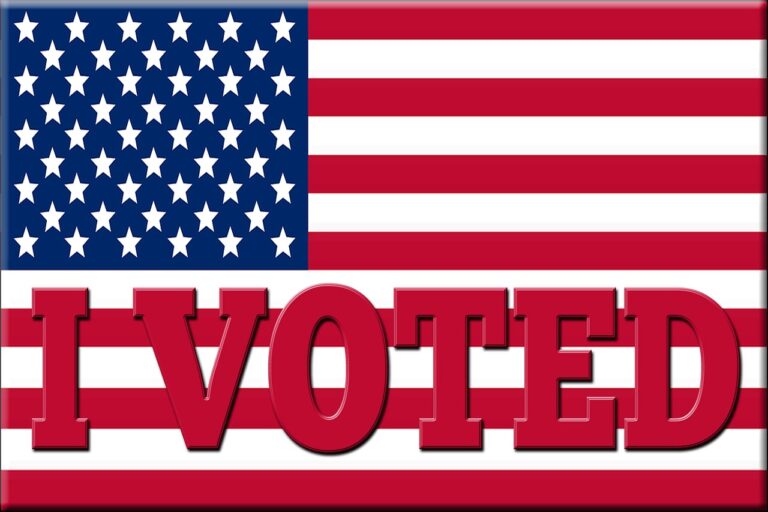Addressing Equity Issues in Election Infrastructure Development
betbhai9 sign up, radhe exchange, my laser247:Addressing Equity Issues in Election Infrastructure Development
Election infrastructure plays a crucial role in ensuring fair and accessible elections. However, there are significant equity issues that need to be addressed to ensure that all individuals have equal opportunities to participate in the democratic process. In this article, we will delve into the challenges surrounding equity in election infrastructure development and explore potential solutions to create a more inclusive voting system.
The Importance of Equity in Election Infrastructure Development
Equity in election infrastructure development is essential to uphold the principles of democracy and ensure that all voices are heard. Without equitable access to voting facilities, technology, and resources, certain communities may face barriers that prevent them from exercising their right to vote. This can lead to disenfranchisement and undermine the democratic process.
Challenges in Achieving Equity in Election Infrastructure
There are several challenges to achieving equity in election infrastructure development, including:
1. Geographic disparities: Rural communities and urban areas may face different challenges in accessing polling places and voting technology. Rural areas may have limited resources and fewer polling locations, while urban areas may face overcrowding and long wait times.
2. Digital divide: The digital divide refers to the gap between those who have access to technology and the internet and those who do not. This divide can make it difficult for individuals without internet access to register to vote, request mail-in ballots, or access election information online.
3. Language barriers: Limited English proficiency can be a significant barrier to voting for many individuals. Without access to voting materials and assistance in their native language, non-English speakers may struggle to cast their ballots.
4. Disability access: People with disabilities may face challenges in accessing polling places that are not equipped with necessary accommodations, such as ramps, braille materials, or accessible voting machines.
Solutions for Addressing Equity in Election Infrastructure Development
To address equity issues in election infrastructure development, we must take a comprehensive approach that considers the diverse needs of all voters. Some potential solutions include:
1. Increasing polling locations: By expanding the number of polling places in underserved communities, we can reduce wait times and make voting more accessible for all individuals.
2. Providing mobile voting units: Mobile voting units can bring polling places directly to communities that lack convenient access to voting facilities, such as rural areas or senior living facilities.
3. Investing in technology: Upgrading voting technology and ensuring that it is accessible to individuals with disabilities can improve the voting experience for all voters.
4. Offering language assistance: Providing election materials in multiple languages and offering language assistance at polling places can help non-English speakers exercise their right to vote.
5. Educating voters: Voter education campaigns can help inform individuals about their voting rights, registration deadlines, and available resources to overcome barriers to voting.
6. Collaborating with community organizations: Working with community organizations that serve marginalized populations can help identify and address equity issues in election infrastructure development.
By implementing these solutions and prioritizing equity in election infrastructure development, we can create a more inclusive voting system that upholds the principles of democracy and ensures that all individuals have equal opportunities to participate in the electoral process.
FAQs
Q: How can I ensure that my polling place is accessible to individuals with disabilities?
A: You can contact your local election officials to inquire about the accessibility features of your polling place. They can provide information on available accommodations, such as ramps, braille materials, and accessible voting machines.
Q: I do not have internet access. How can I register to vote or request a mail-in ballot?
A: You can contact your local election office by phone or in person to register to vote or request a mail-in ballot. They can provide you with the necessary forms and assistance to ensure that you can participate in the electoral process.
Q: What resources are available for non-English speakers to access election information?
A: Many election offices provide election materials in multiple languages and offer language assistance at polling places. Additionally, there are community organizations that can help non-English speakers navigate the voting process and access necessary resources.







